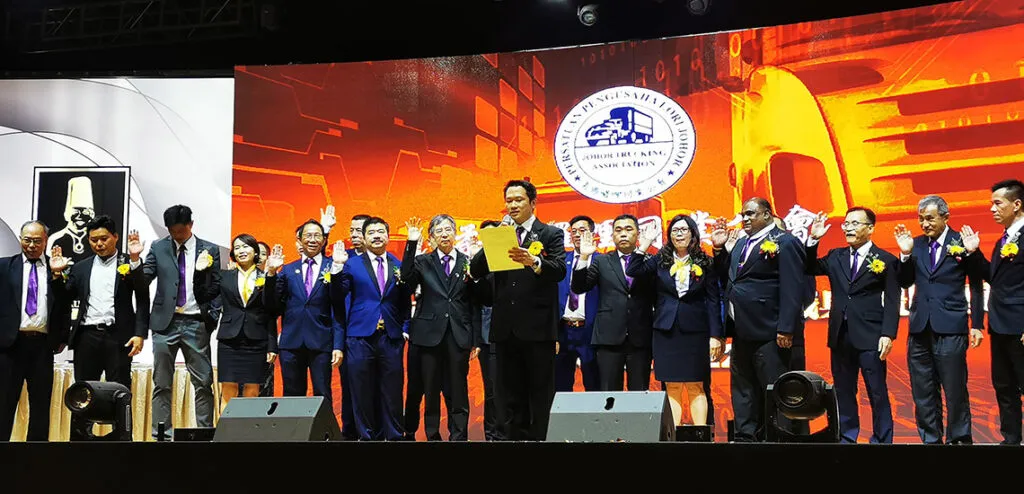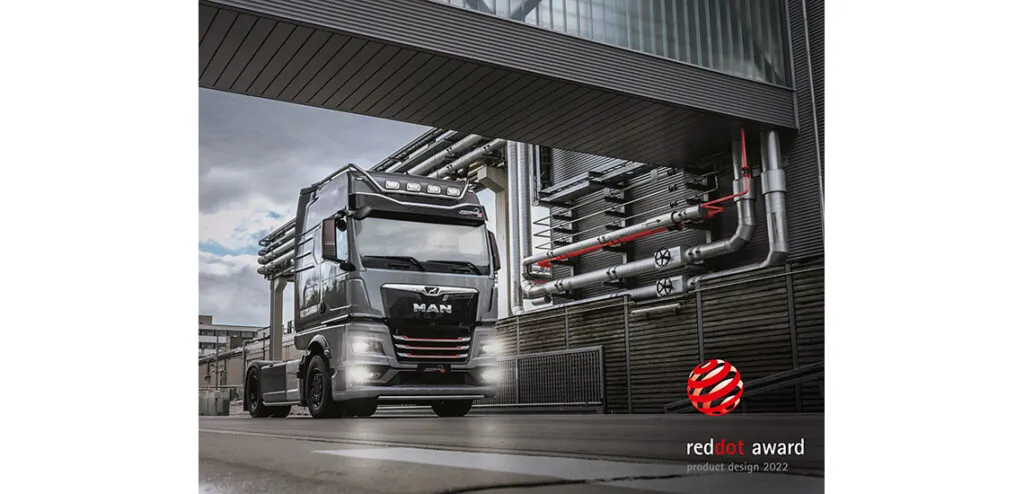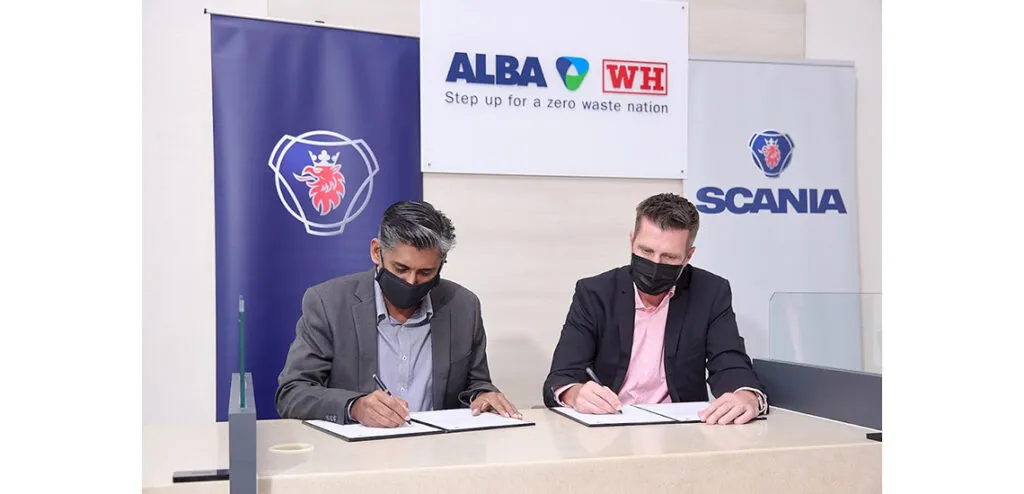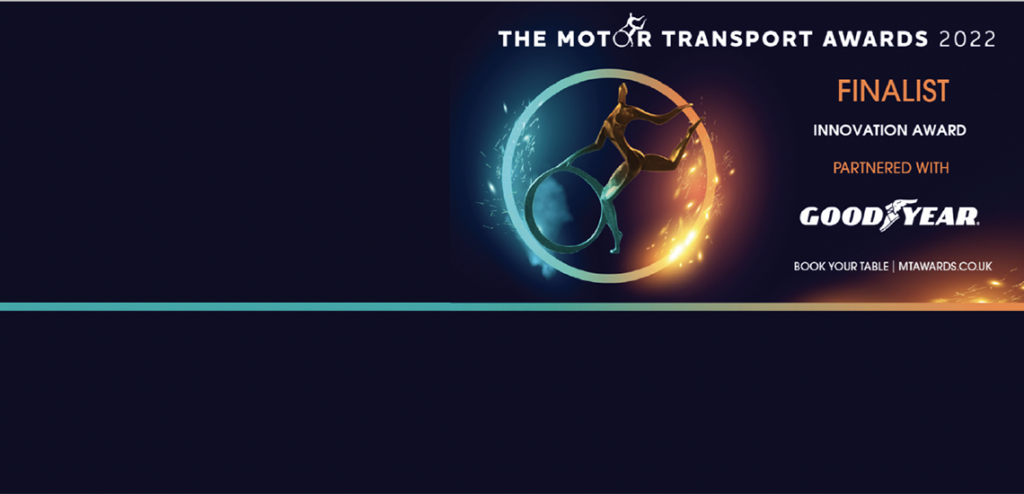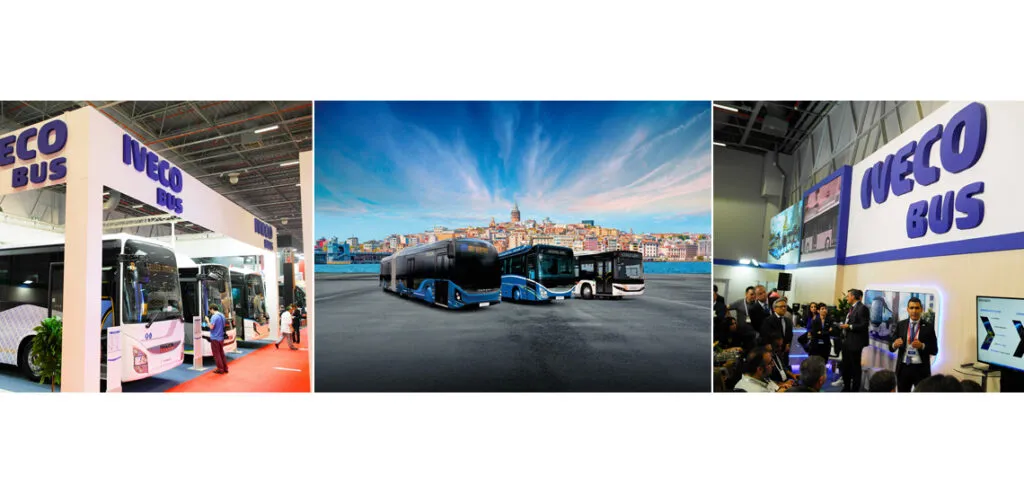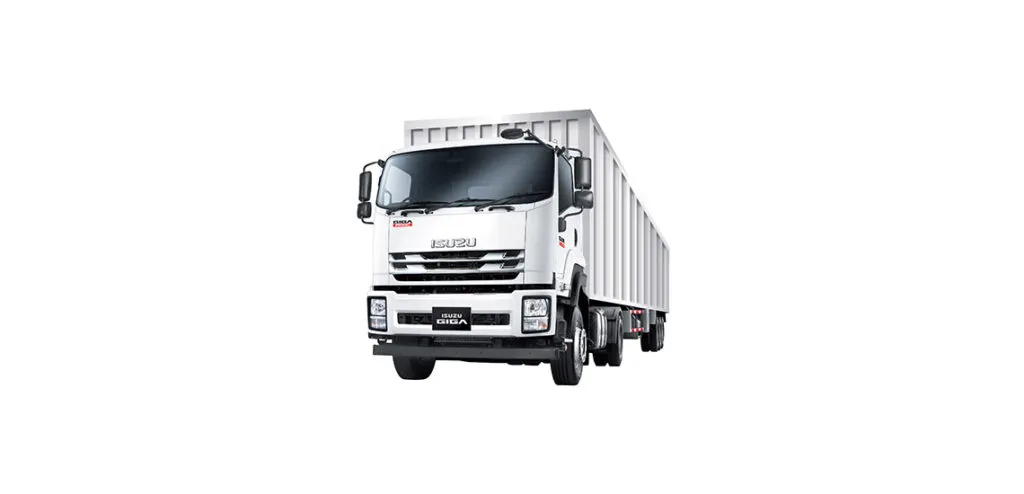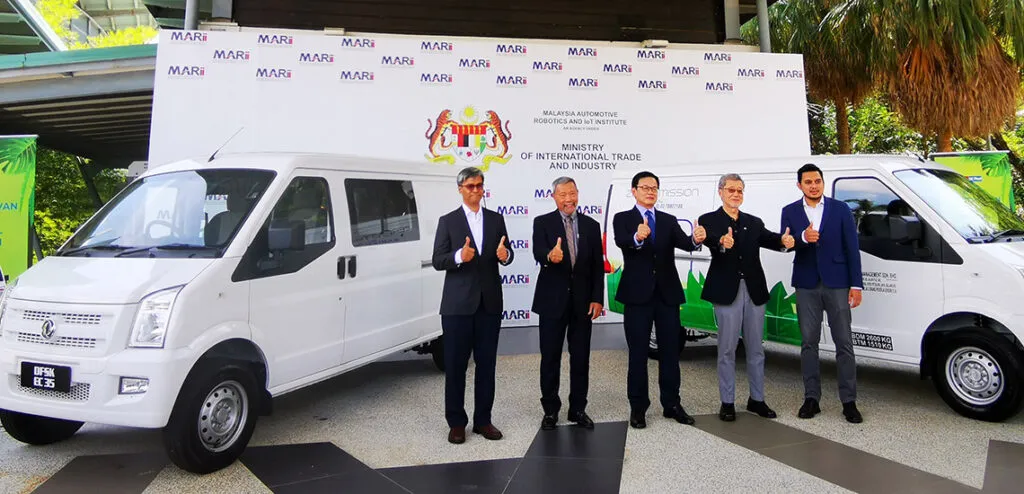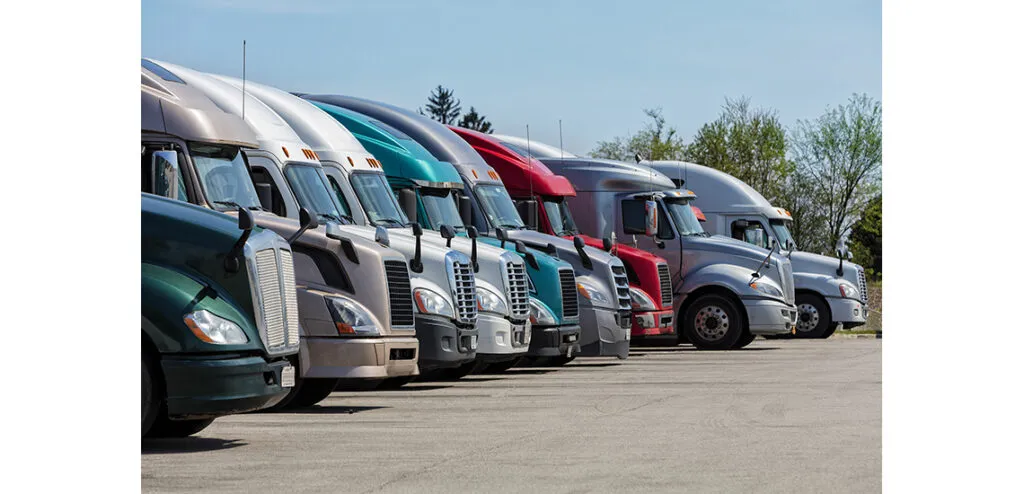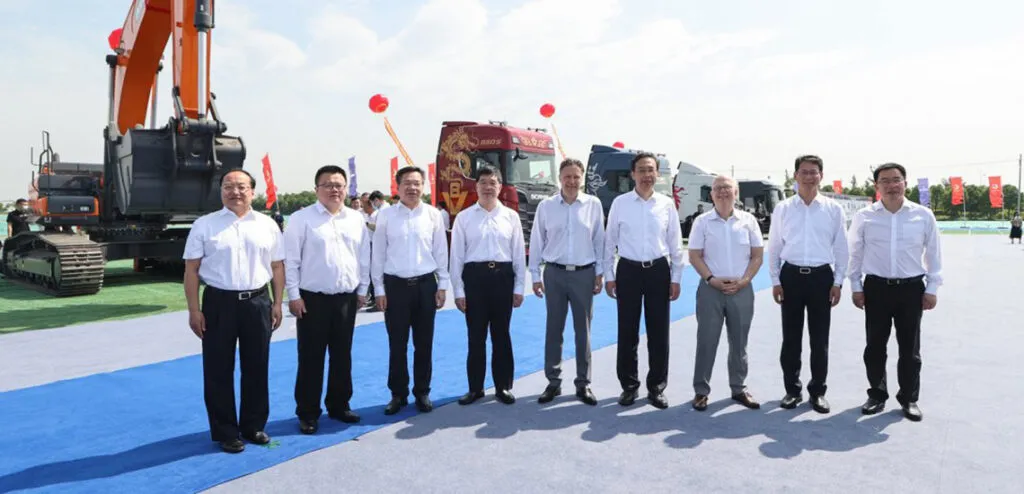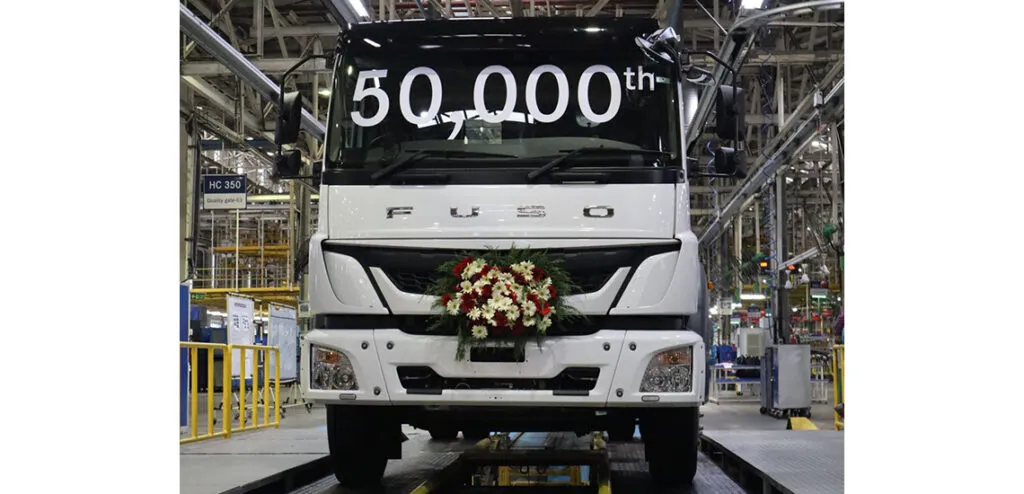The Johor Trucking Association (JTA) hosted its 16th Committee Inauguration Dinner at Restaurant Loon Sing Taman Daya in Johor Bahru on 30th April, 2022.
Johor Trucking Association Anounces New Office Bearers
The event was well attended by VVIPs who included Dr Wong Shaw Voon, Professor & Head of Vehicle Engineering Research Cluster, University Putra Malaysia; Wong Yau Duenn, Director, Road Safety Division, Road Transport Department of Malaysia; and Andrew Chen Kah Eng, State Assemblyman Stulang, Johor, DAP. Also present were Dato Ng Koong Sinn, President, Malaysia Trucking Federation; Hing Hang Foo, Honorary President; Anthony Tan Boon Siong, Advisor; Chong Chee Hua, Lawyer Advisor, Johor Trucking Association (JTA), and sponsors and guests.
In his welcoming speech, JTA President Novan Hing said there were significant changes in the way businesses were operated since the Covid- 19 pandemic. It was no exception in the logistics and transport industry. These changes were possible because of technology adoption.
Are you enjoying reading this article. Click here to read more..
柔佛罗厘同业公会举行第十六届理事就职典礼晚宴
2022 年 4 月 30 日,柔佛罗厘同业公(JTA) 假新山隆盛佛跳墙大酒家(福林园)举办了第 16 届理事就职典礼晚宴。
出席此次活动的贵宾有马来西亚博特拉大学教授兼车辆工程研究集群负责人黄绍文博士、马来西亚陆路交通部道路安全部总监 Wong Yau Duenn和民主行动党柔佛州士都兰州议员曾笳恩。其他与会者包括马来西亚罗厘同业公会名誉会长王汉波、总会长拿督黄冠燊、柔佛罗厘同业公会顾问陈文雄、柔佛罗厘同业公会法律顾问钟志华、赞助商和嘉宾。
柔佛罗厘同业公会长王俊业在致欢迎辞中表示,自冠病大流行以来,企业的运营方式发生了重大变化。物流和运输行业也不例外。技术的采用,使这些变化变得可能…..
点击读全文….

